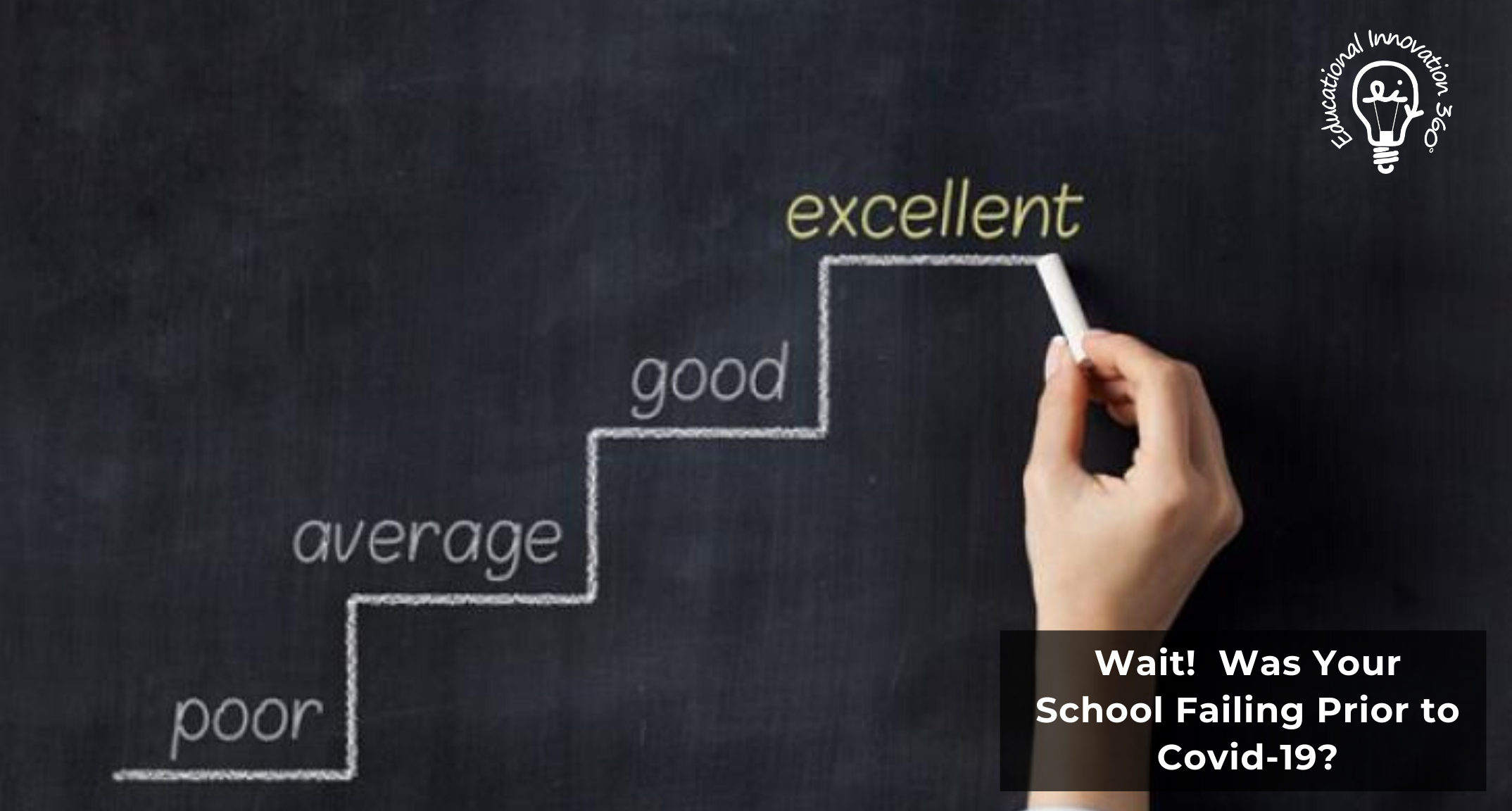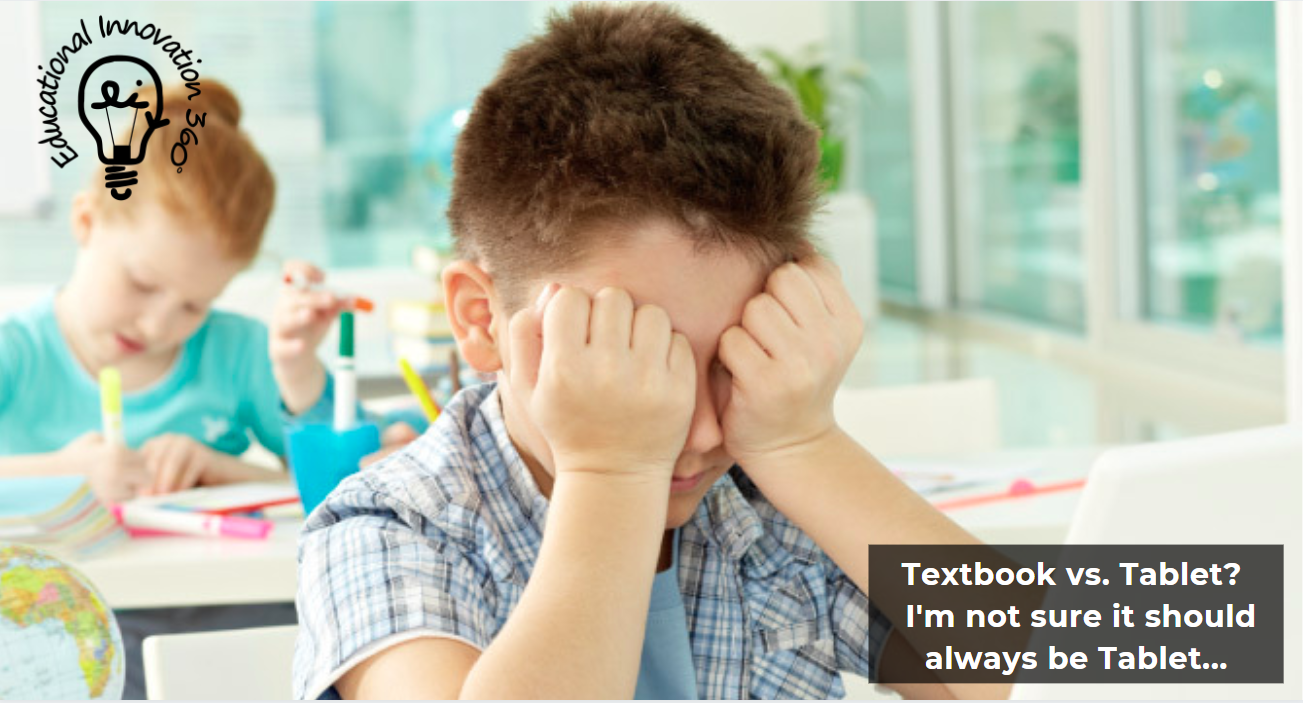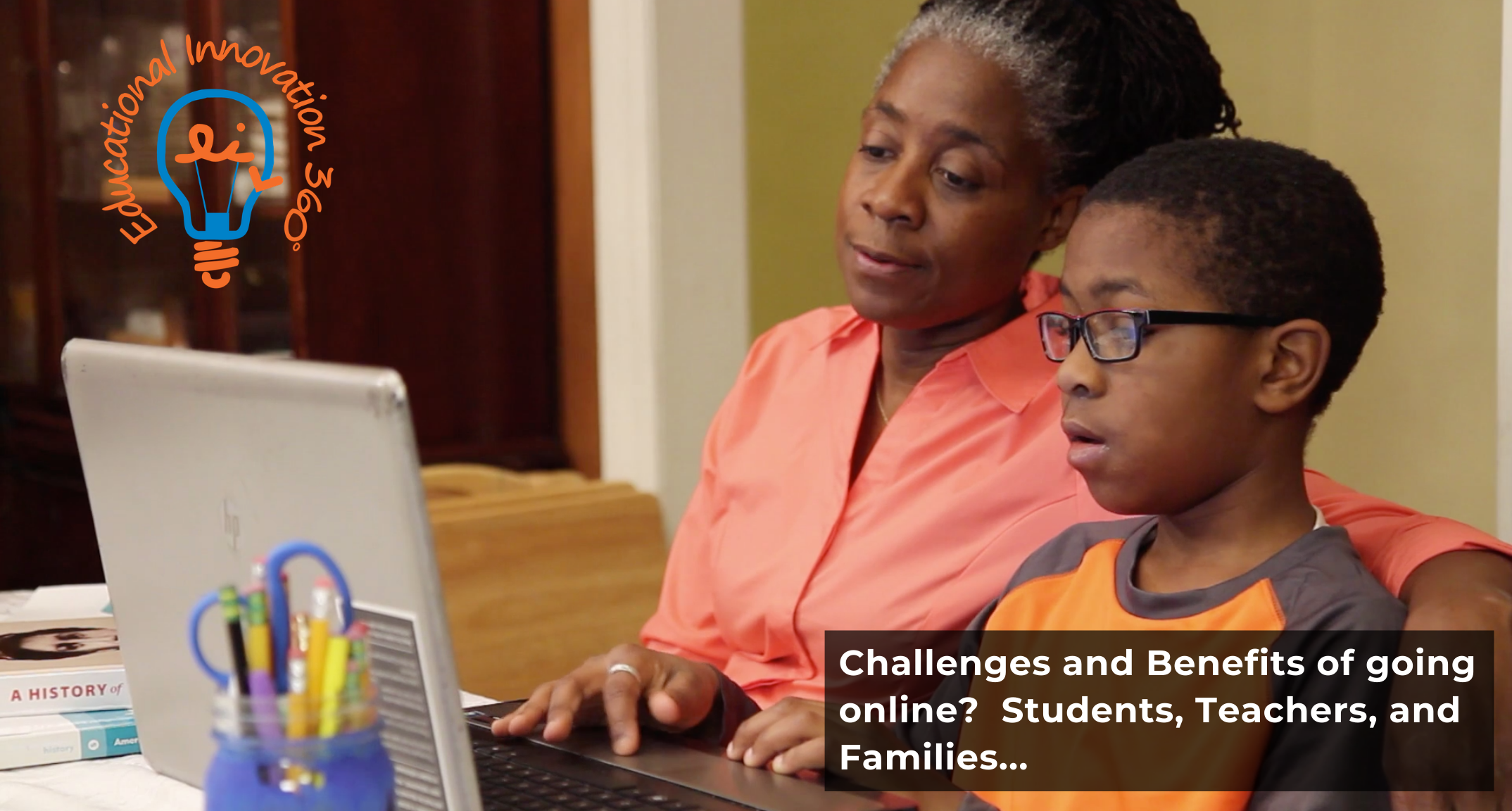K-12 who spent more than three academic years in online learning not only caught up with their face-to-face counterparts but actually surpassed them. That is “When online learning is done right!”
Read MoreIt is obvious that teachers need support so they can be better prepared to teach online as online learning requires a different set of skills than a traditional face-to-face environment. So… Were you training in college on how to support students online?
Read MoreThe United States alone has one of the highest high-school dropout rates in the world. I believe online learning is a start but we must prepare our classrooms for non-traditional students because if we don’t; the cycle will continue.
Read MoreWe know in K12 Masks will more than likely be mandatory, temperatures will be taken daily, and hands washed or sanitized quite often but try telling a first grader who just turned 6 to cover their nose and mouth for over 10 minutes. This fall will be a challenge to school districts around the world.
Read MoreFor online collaborative learning to succeed teachers must create a learning experience with the student in mind. It also takes time to design and develop a meaningful course that includes collaborative learning.
Read MoreMany parents may want to rush to K12 online schools but some schools struggle to meet the demand of every student.
Read MoreOur world is digital! Online learning is necessary for our students to be relevant in our current context. So what are you going to do during the summer to prepare?
Read MoreMeasuring engagement of students is also a huge factor if you want your online teaching to have any impact at all. So, how are teachers identifying different ways to meet individual student needs?
Read MoreTeachers are resilient yet, have to find creative ways to implement a new curriculum with the tools they already have. Here are some ideas that will get them started to plan for the fall.
Read MoreThis digital age has brought many changes, including a lot of new proficiencies that are required from a person to be considered “literate”. but.. uh… simply reading online or subscribing to an eBook service does not a make a student digitally literate.
Read MoreThe sense of connection is much more important than the content at this point. Yes, you will have to build a new online culture and social norms.
Read MoreWe at Educational Innovation 360 are excited to share that the educational field paradigm is changing form industrial-age to a learner-centered information-age paradigm.
Read MoreTeachers are expected to become experts while under scrutiny from their districts and parents. Although teachers are working hard to try to meet the needs of all learners there are several challenges.
Read MoreOnline learning is a robust set of creative modules designed for individual student learning and achievement.
Read MoreWe know that education is critical to the economic and social well-being of society so why don’t we prioritize school efforts and co-create systems with family members? Are you doing RTI or MTSS?
Read MoreIf a student does not respond to the initial interventions, more focused interventions are used to help them master the skill. RTI Strategies address both learning and behavior.
Read MoreThe use of a Response to Intervention (RTI) model as a proactive and effective method for screening, assessing, and supporting students with academic, emotional, and behavioral needs.
Read MoreStudents achieving acceptable levels of growth are still monitored and Teacher Professional Development is key to provide best practices in the classroom. Remember this is 80-90% of the student population a typical classroom.
Read MoreNot all students raise their hands to eagerly answer questions and several students struggle with engagement; whether it be cognitive-based, behavioral or emotional reasons getting to know your students personally can help teachers support their students and their needs.
Read MoreChallenges in professional learning for educators can hinder productive learning of topics and instructional methodologies while sometimes fostering a notion of shared, group thinking with the same professional colleagues; which is not good.
Read More




















